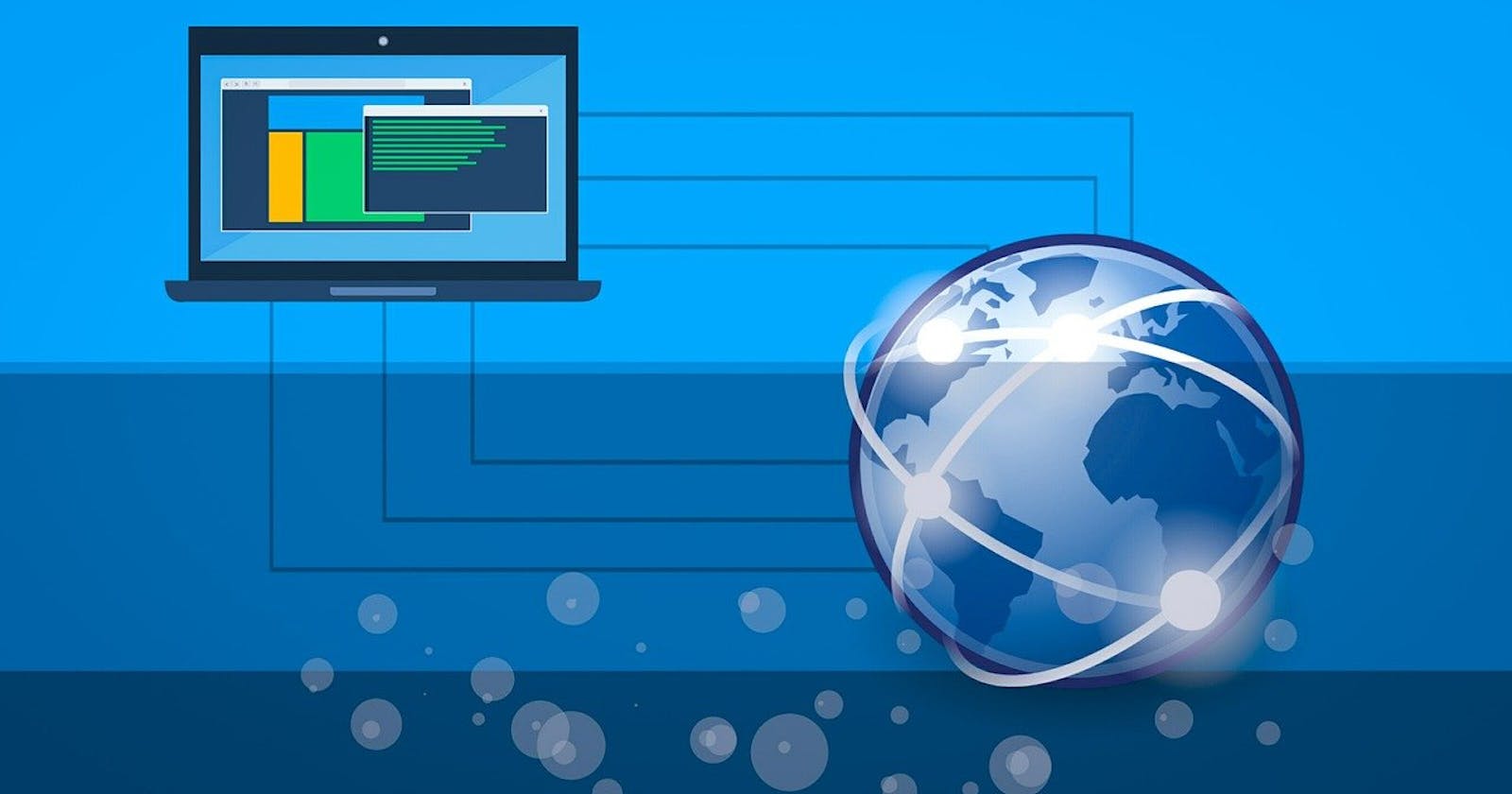If you've ever tried to connect to a Bluetooth device or a Wi-Fi in a room filled with other Wi-Fi, you've probably wondered how your device is able to tell two exact devices apart, especially when both devices have the same names. It turns out that just like humans, devices that are built to connect with other devices have some form of DNA. DNA is to living organisms as IP address is to devices, an IP address, just like DNA is a unique identifier that can be used to tell two devices apart even if they're from the same manufacturer, the same model and were manufactured the same time. An IP address is why we're able to track (albeit a double-edged sword) the activities of netizens and their interaction with the internet.

AN IP IS THE DNA CODE OF YOUR DEVICE
Access to the internet has always been a complicated subject, over the years, it has become a lot easier as our devices do most of the work and we pick an internet service provider (your wifi or mobile network) that sorts things out with your device without you having to do anything asides browse the internet. Today we're looking at the subject called "IP Address". IP is an abbreviation for "Internet Protocol". If you check the settings of your devices (smartphones, Bluetooth, Wifi, etc.), you'll find a number that has a format like 0.0.0.0. Those four numbers range between 0.0.0.0 to 255.255.255.255 as such you should see something within those ranges as the IP address of your device.

IP ADDRESSES CAN GIVE AWAY YOUR LOCATION
IP addresses are pretty limited in tracking abilities, however, it's enough to get your location and the Internet Service Provider (Wi-Fi or mobile network) you use. This is why netizens are advised to stay off malignant/untrusted or unsecured websites as you're literally giving away your location to people you don't know. Your ISP tracks your browser history and using your IP can know where you stay, it's why some countries are able to restrict their citizens from accessing certain digital infrastructure. By restricting IPs within a particular location, ISPs can enforce restrictions like these at the behest of the government. Also at the workplace, some sites are restricted in order to protect the organization from cyberthreats. VPN works by masking your IP address and giving you an IP from a different country, it isn't without risks but it does help people avoid their IP being tracked.

FINALLY...
To break it down further, your device makes use of its IP to connect with your ISP, your ISP is the entity that truly has access to the internet, not your device. Your ISP is the pipeline that directs access to the internet by linking to your IP. Without an IP, you can't connect to an ISP hence, your device needs to have an IP (by default) to be able to make use of the internet. This post does two things, it helps you understand how devices are able to connect with each other, your Bluetooth and devices also connect using IPs. It also helps you understand that the word "privacy" is subjective; in order to access the internet you hand over your location (it may not be as specific as your house address but they'll at least know your area), websites you access also have access to your IP address through your ISP.
